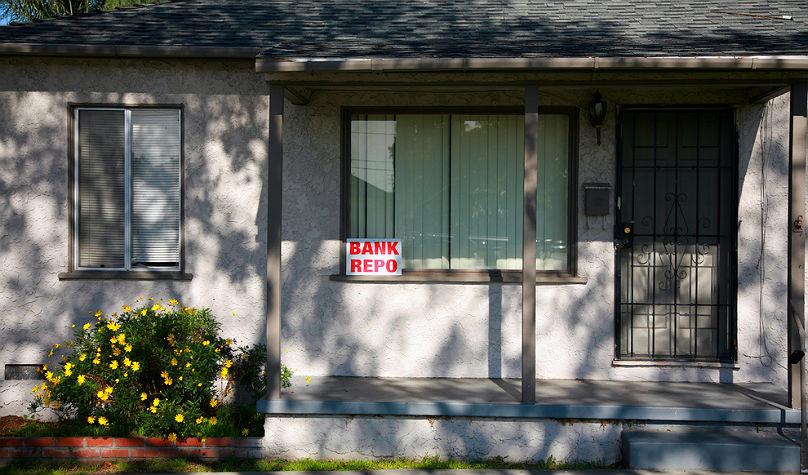Usually, when a debtor is unable to pay their debts, ministerial officials seize their assets. If the transaction concerns real estate, then it is a real estate foreclosure. Selling the foreclosed home will pay off the current owner’s creditor (s). Therefore, what procedure does this operation follow, and how long does it take to definitively register the purchase of the foreclosed house?
Legal proceedings for the sale of a foreclosed house
Also called sale on forced foreclosure or “sale by auction”, the legal procedure for the sale of the seized property is a procedure falling under the jurisdiction of the execution judge. This procedure is ordered by the judge in an orientation judgment. The sale procedure takes place during an adjudication hearing before the same judge and at the bar of the court.
One month before the auction hearing, massive publicity should be given to the sale. Here, we are in front of an auction. Within a specific period of 10 days following the auction, it is possible to make other resale proposals. In this time frame, a 10% increase in the price of the house is still possible, except for state sales. After this period, an adjudication hearing is organized and the house is allocated to the new buyer or the successful tenderer.
On the day of the auction, the potential buyer should think about insuring the house. This is the place to clarify that, for the moment, he is not yet the owner of the property. The payment of the cost of buying the house is handled by a notary. Beyond a period of 75 days for payment, a penalty is foreseen.
Under the normal conditions established, once the payment of the balances of the good carried out, an appointment is made with the notarial firm seized of the file. It is at this meeting that the ministerial official hands over the keys of the house to the successful tenderer in order to be able to establish it in his right of ownership officially. This is clearly how the acquisition of seized property works.
Extrajudicial proceedings for the sale of a foreclosed house
The extrajudicial procedure is a procedure that intervenes when it is a question of sale on amicable property seizure. This sale is the opportunity given to the parties to express their wishes. After that, the execution judge then gives his agreement to carry out the sale. This voluntary sale takes place under the strict supervision of the notary who is a real intermediary in the contract.
The execution judge gives himself the means to fix the minimum price of the seized house, a price below which no other is accepted, and therefore, the property cannot be sold. The execution judge monitors the sale procedure. Thus, he is empowered to organize a hearing in this perspective. During this execution hearing, it is planned to verify whether the foreclosed house has actually been sold out of court.
From the day of the judgment, a period of four (04) months may be granted for the orientation judgment. It is at the end of this orientation judgment that the execution judge can rule on the final act of sale.
Finally, it should be remembered that apart from the two formalities, four (4) months will be necessary to finalize the purchase transaction for the seized house. It is only at the end of this stage that the purchaser will have the right of ownership of the property.




